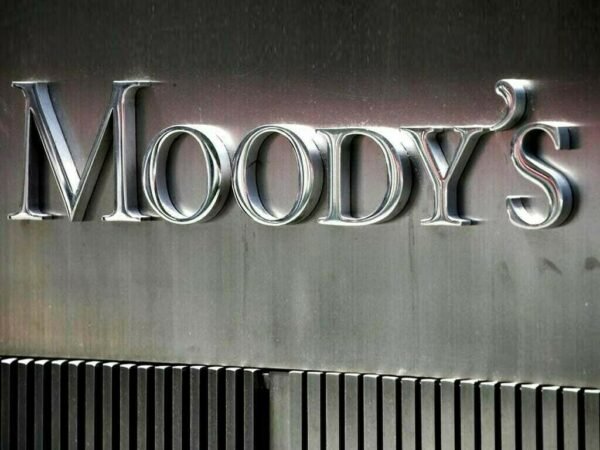Pakistan’s rating likely to ‘be upgraded’ if govt’s external, liquidity risks reduce: Moody’s

27 February 2024
Published in: Business Recorder
Moody’s Investors Service (Moody’s), a global credit rating agency, on Tuesday said Pakistan’s credit rating “would likely be upgraded” if its government’s “liquidity and external vulnerability risks decreased materially and durably”.
The rating agency, in its announcement of the periodic review, also maintained Pakistan’s credit rating unchanged at ‘Caa3’ for long-term issuer rating, with a stable outlook.
“Pakistan’s credit profile reflects the government’s very high liquidity and external vulnerability risks as the very low levels of foreign exchange reserves remain well below what is required to meet its very high external financing needs over the near to medium term,” Moody’s said.
Moody’s speaks of elevated political uncertainty
Moody’s noted that the country’s “very weak” fiscal strength and elevated political risks also constrain its credit profile.
Moody’s warned that it remains highly uncertain whether the newly elected government of Pakistan would be able “to quickly negotiate a new International Monetary Fund (IMF) program soon after the ongoing programme expires in April
“At the same time, Pakistan’s credit profile takes into account its large economy and moderate growth potential, which contribute to its moderate economic strength,” it said.
Moody’s said Pakistan’s government liquidity and external vulnerability risks remain very high, even as the caretaker government has maintained economic stability and pushed through some reforms over the past few months, unlocking financing from the International Monetary Fund (IMF) and other multilateral and bilateral partners and resulting in a modest accumulation of foreign exchange reserves.
IMF refrains from commenting on Imran Khan’s ‘letter’, says keen on working with new govt
“While Pakistan is likely to meet its external debt obligations for the fiscal year ending June 2024, there is limited visibility regarding the sovereign’s sources of financing to meet its very high external financing needs after the current IMF Stand-By Arrangement ends in April 2024,” it noted.
Giving its rationale, the agency said the stable outlook reflects its assessment that the pressures that Pakistan faces are consistent with a Caa3 rating level, with broadly balanced risks.
“Continued IMF engagement, including beyond the current programme, would help support additional financing from other multilateral and bilateral partners, which could reduce default risk if this is achieved urgently and without further raising social pressures.
“At the same time, the large amount of external financing required over the medium term, combined with Pakistan’s very low reserves position, imply material default risks if there were delays in funding from the IMF and other partners. Social pressures and weaknesses in governance may also raise challenges in meeting criteria for future IMF funding,” it said.
Rating may improve
Moody’s said that the country’s rating would likely be upgraded if Pakistan’s government liquidity and external vulnerability risks decreased materially and durably.
IMF delves into reasons behind ‘shorter’ programme with Pakistan
“This could come with a sustainable increase in foreign exchange reserves. A resumption of fiscal consolidation, including through implementing revenue-raising measures, pointing to a meaningful improvement in debt affordability would also be credit positive,” it said.
On the other hand, the rating would likely be downgraded “if Pakistan were to default on its debt obligations to private-sector creditors and the expected losses to creditors as a result of any restructuring were larger than consistent with a Caa3 rating.”
Uncertainty over new IMF deal
Meanwhile, Moody’s warned that it remains highly uncertain whether the newly elected government of Pakistan would be able “to quickly negotiate a new International Monetary Fund (IMF) program” soon after the ongoing programme expires in April.
It said that Pakistan’s political risks remain high, “following a highly controversial general elections held on 8 February 2024”.
Moody’s was of the view that although a coalition government looks set to be formed primarily by Pakistan Muslim League-Nawaz Party and Pakistan People’s Party, “there is high uncertainty around the newly elected government’s willingness and ability to quickly negotiate a new IMF program soon after the current one expires in April.”
‘Independent’ candidates steal the election show?
“The forthcoming coalition government’s electoral mandate may not be sufficiently strong to pursue difficult reforms that will likely be required by a successor program. Until a new program is agreed to, Pakistan’s ability to secure loans from other bilateral and multilateral partners will be severely constrained,” it said.





